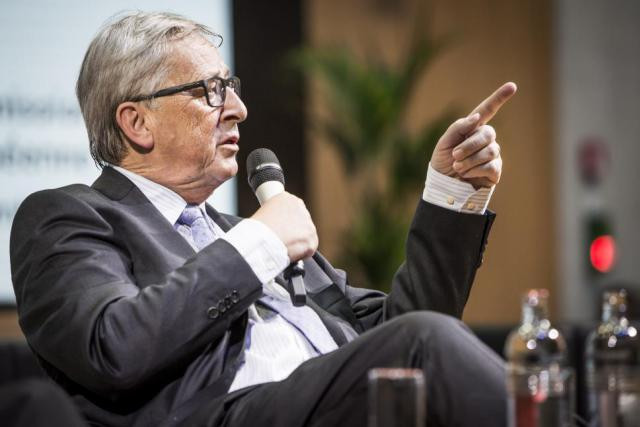According to a press release issued by the European Commission on 18 July 2018: “Backed by a budget guarantee from the European Union and own resources from the EIB Group, 898 operations have been approved, which are expected to trigger €335 billion in investment across the 28 EU member Ssates.”
European Commission president Jean-Claude Juncker said:
"The Juncker Plan has proven to be a success. We surpassed the original €315 billion investment target and the European Fund for Strategic Investments (EFSI) is set to create 1.4 million jobs and increase EU GDP by 1.3% by 2020. We have financed projects which without the EFSI would not have been possible, and all without creating new debt: two thirds of the investment comes from the private sector. From financing job-training for refugees in Finland to renewable energy in Greece to farming in Bulgaria--we will continue to use the EU budget for what it does best: to catalyse growth."
The commission further explained that this figure is, “more than the original goal of €315 billion set in 2015 when EFSI was launched, helping to close the investment gap left as a result of the financial and economic crisis. 700,000 small and medium-sized companies are set to benefit from improved access to finance. Given the EFSI's success, the European Council and the European Parliament agreed last year to extend its duration and capacity to €500 billion by end-2020.”
How exactly does the Juncker Plan help?
The Juncker Plan allows the EIB Group, based in Kirchberg, to finance operations that are riskier than its average investments. Often, EFSI-backed projects are highly innovative, undertaken by small companies without a credit history, or they pool smaller infrastructure needs by sector and geography.
Supporting such projects required the EIB Group to develop new financing products, for example venture debt with equity features or investment platforms. Importantly, the Juncker Plan also enables the EIB to approve a greater number of projects than would be possible without the EU budget guarantee's backing, as well as to reach out to new clients: three out of four receiving EFSI backing are new to the bank. This proves that the Juncker Plan has delivered real additionality.
Thanks to EFSI support, the EIB and its subsidiary for financing small businesses, the European Investment Fund (EIF), have invested in 898 operations and provided risk financing for 700,000 SMEs across a wide range of sectors and in all 28 EU countries. (Source: europa.eu)
